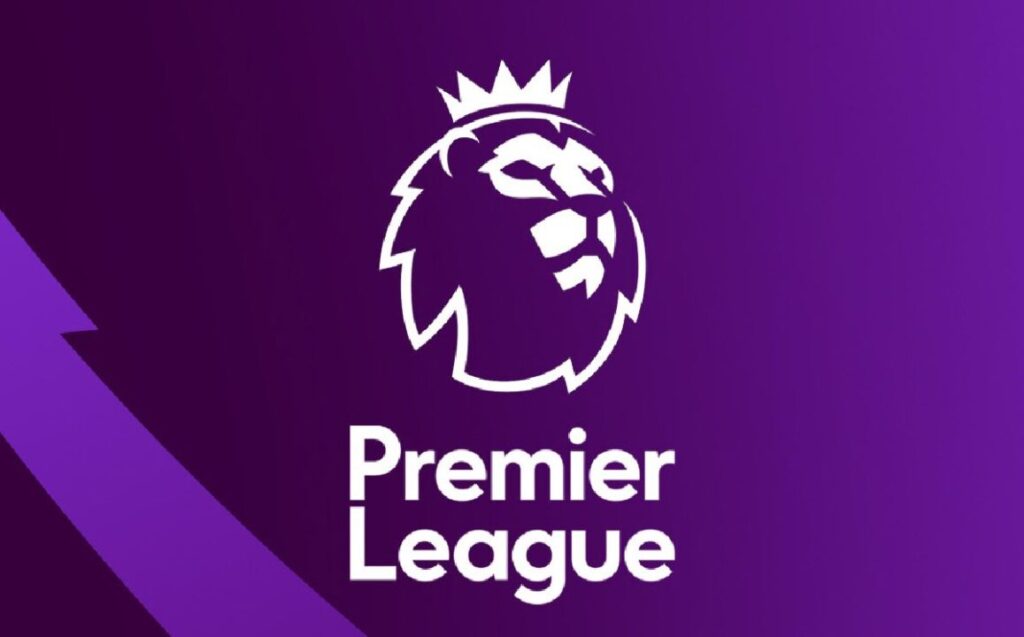The 2025/26 Premier League season officially kicked off on Friday, August 15, with defending champions Liverpool hosting Bournemouth at Anfield, while the excitement of live football returned in full swing, fans will also notice several new laws and rules adjustments introduced by the International Football Association Board (IFAB).
These changes, aimed at improving discipline, reducing time-wasting, and enhancing consistency in officiating, could significantly impact the way matches are played this season.
For supporters, nothing is more frustrating than seeing their team punished by a rule they didn’t even know existed. Last year, for instance, stricter enforcement of “delaying the restart” laws saw players booked for something as small as kicking the ball away in frustration. This season, the spotlight shifts to goalkeepers, penalties, and player behaviour.
Full List of Key Changes
1. Approaching Referees – “Captain Only” Rule
Referees now have the option to apply the “Captain Only” rule. When invoked, only one player per team—the captain—may approach the referee to discuss decisions.
- If the captain is a goalkeeper, an outfield player must be designated during the coin toss.
- Other players may still have brief conversations with the referee, but crowding around officials is discouraged.
- This measure reinforces the Participant Behaviour Charter introduced in 2023, which sought to improve respect for referees.
2. Goalkeeper’s ‘Eight-Second Rule’
Aimed at preventing time-wasting, goalkeepers can now only hold or control the ball inside the penalty area for a maximum of eight seconds.
Control includes:
- Holding the ball in hands or arms
- Resting it on an outstretched hand
- Bouncing it on the ground
- Tossing it in the air
How it works:
- Referees decide when possession begins.
- In the last five seconds, referees raise a hand as a countdown signal.
- If the goalkeeper delays beyond eight seconds:
- First offence: Corner kick to the opposition
- Second offence: Warning
- Third offence: Yellow card
3. Drop Ball Restarts
- If play is stopped inside the penalty area, the ball is dropped to the goalkeeper.
- If play is stopped outside the penalty area, the ball is dropped at the stoppage point to whichever team had (or would have had) possession.
4. Double-Touch Penalties
Following the Julián Álvarez incident in last season’s Champions League:
- Accidental double-touch during a penalty → Retake, regardless of outcome.
- Deliberate double-touch → Free kick awarded to the defending team.
5. Inadvertent Interference
If someone off the field (substitute, coach, injured player, or staff) accidentally interferes with the ball while it is already leaving play:
- Restart = indirect free kick, no further punishment.
If interference is deliberate and impactful:
- Restart = direct free kick or penalty.
- The offender may be shown a red card.
6. Referee Position During Penalties
- Assistant referees will now stand on the touchline in line with the penalty mark.
- VAR alone will monitor goalkeeper encroachment.
Why These Changes Matter
The Premier League’s adoption of these laws reflects IFAB’s broader push for consistency across world football. By limiting time-wasting, clarifying penalty procedures, and streamlining referee-player interactions, officials aim to make games faster, fairer, and more enjoyable for fans.
With small details capable of deciding big games, teams and supporters alike should familiarize themselves with these rules. This season, a single second of delay or an unnoticed double-touch could shape the outcome of a title race or a relegation battle.
9am News report confirms that these rules are already in force from matchday one of the 2025/26 premier league season.
Stay tuned to 9am News Nigeria for more Breaking News, Business News, Sports updates And Entertainment Gists.
















